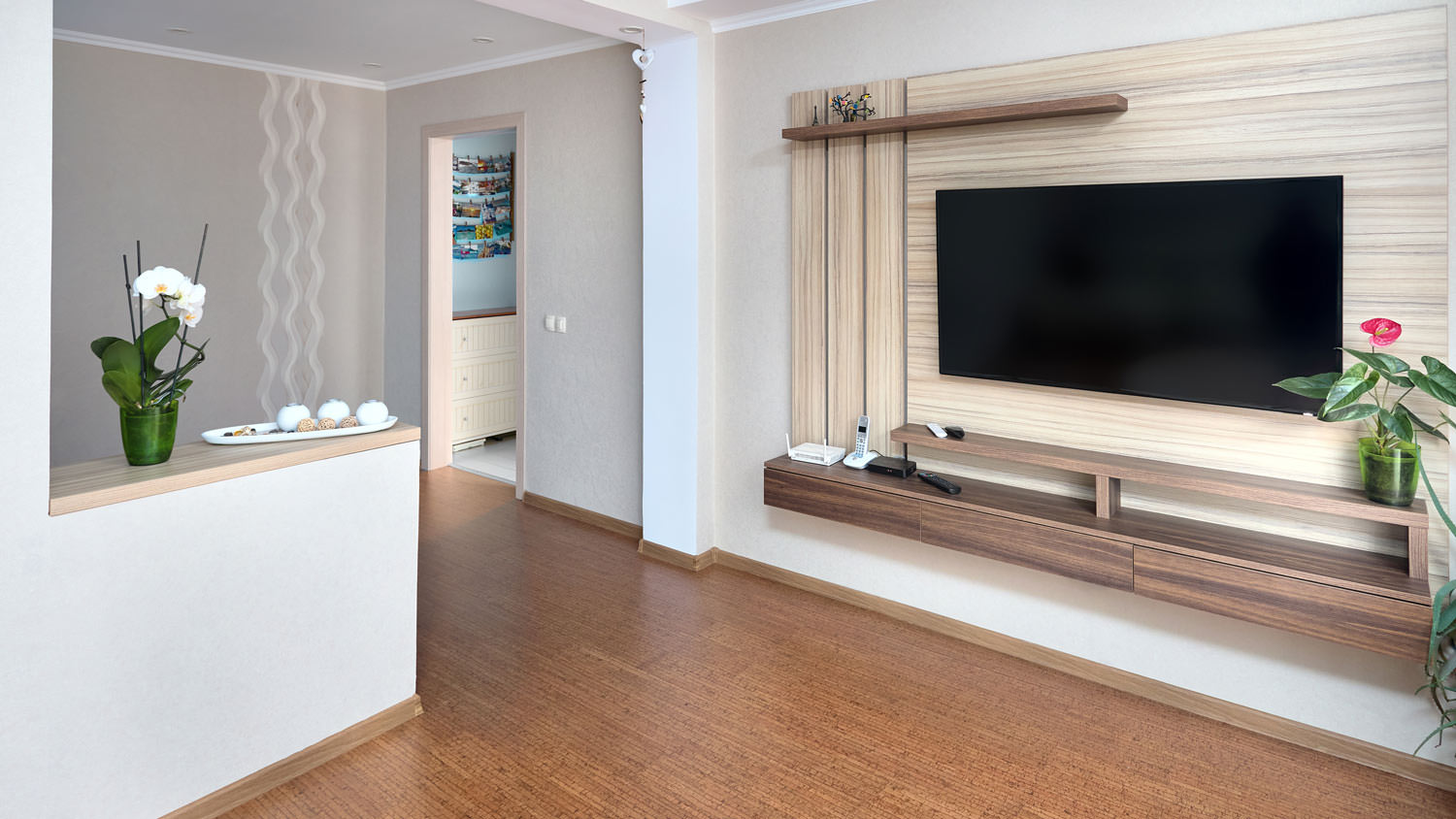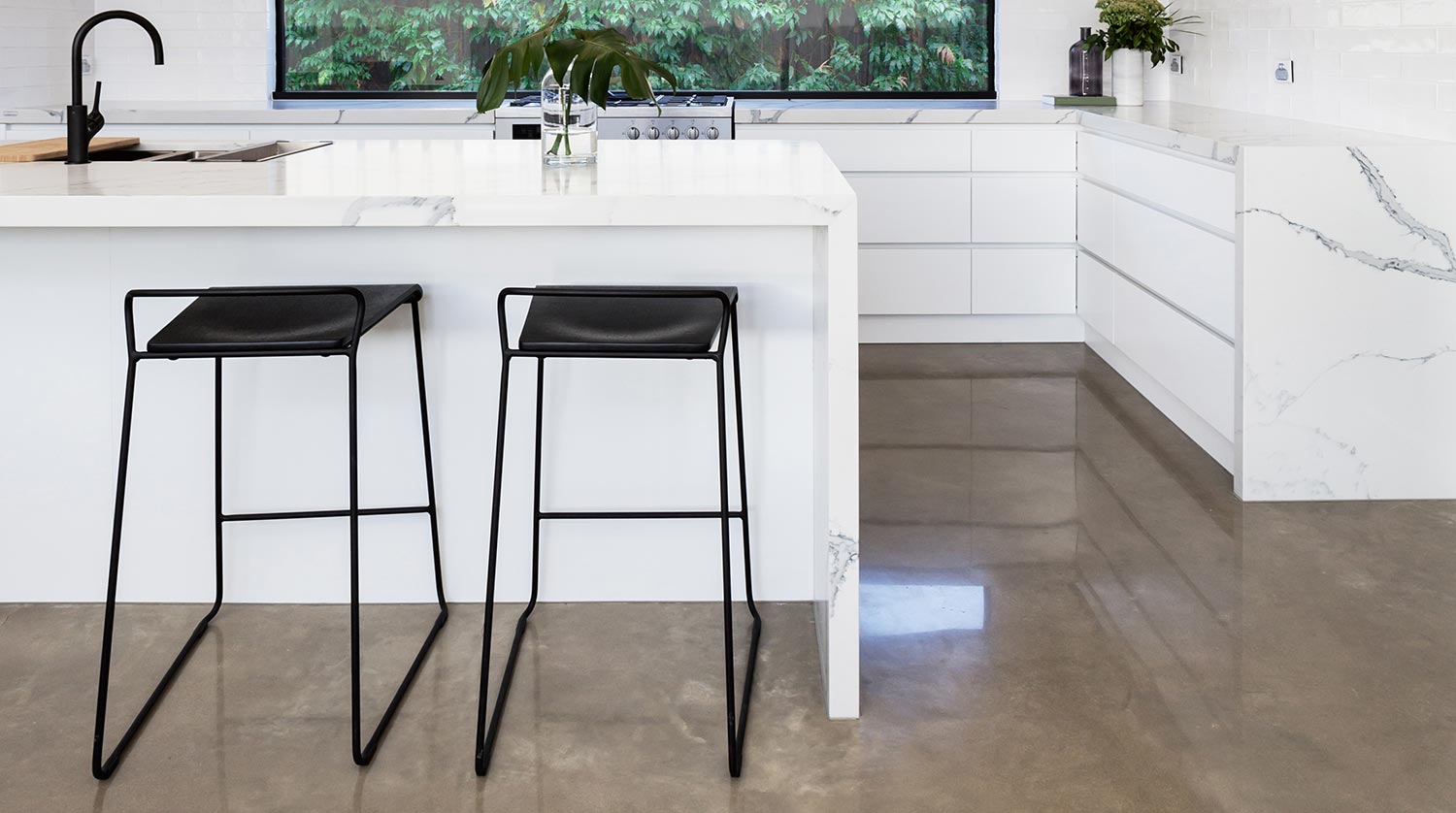
Get matched with top buffing and polishing pros in North Bennington, VT
Enter your ZIP and get matched with up to 5 pros
Need a pro for your buffing and polishing project in North Bennington, VT?
Find Buffing and polishing pros in North Bennington

Brattleboro Autobody & Detailing
Brattleboro Autobody & Detailing
Autobody that has over 40+ yrs experience in the auto industry. Stop in anytime Mon-Fri 8-5 for a free estimate.
Autobody that has over 40+ yrs experience in the auto industry. Stop in anytime Mon-Fri 8-5 for a free estimate.
Aspin Painting & Remodeling LLC
Aspin Painting & Remodeling LLC
We have someone to do everything you need done! Free estimates! Lowest price around with the best service! Always done right the first time! Fully insured!
We have someone to do everything you need done! Free estimates! Lowest price around with the best service! Always done right the first time! Fully insured!
The homeowners guide to home care is here
From average costs to expert advice, get all the answers you need to get your job done.

Slate is tough and durable, but is it the right choice for your floors? Learn more about the average slate flooring cost to see if it fits within your budget.
 •
•Discover natural stone flooring costs for your home. Learn about material, labor, and installation factors to budget confidently for your flooring project.

Updated flooring can make any room in your home feel brand new. Explore flooring installation costs in Charlotte, NC, from materials to labor costs.

Baseboards come in many styles and materials, giving your space a finished look. Learn about the types of baseboards, pros and cons, and when to choose each.

The best flooring to install over concrete can handle the material’s porosity. From vinyl to tile, this guide will run you through the best options.
 •
•Discover the cost to polish concrete floors, including price ranges, key cost factors, and tips to help you budget for your next flooring project.
- Eagle Bridge, NY Buffing and polishing pros
- Hoosick, NY Buffing and polishing pros
- Hoosick Falls, NY Buffing and polishing pros
- Cambridge, NY Buffing and polishing pros
- Johnsonville, NY Buffing and polishing pros
- Petersburg, NY Buffing and polishing pros
- Valley Falls, NY Buffing and polishing pros
- Salem, NY Buffing and polishing pros
- Cropseyville, NY Buffing and polishing pros
- Greenwich, NY Buffing and polishing pros
- Berlin, NY Buffing and polishing pros
- Schaghticoke, NY Buffing and polishing pros
- Clarksburg, MA Buffing and polishing pros
- North Adams, MA Buffing and polishing pros
- Melrose, NY Buffing and polishing pros
- Schuylerville, NY Buffing and polishing pros
- Stillwater, NY Buffing and polishing pros
- Plumbing in North Bennington
- Tree Service in North Bennington
- Siding in North Bennington
- Cleaning in North Bennington
- Roofing in North Bennington
- Upholstery Cleaning in North Bennington
- Handyman Service in North Bennington
- Radon Testing in North Bennington
- Pest Control in North Bennington
- Dryer Vent Cleaning in North Bennington
- Screen Repair in North Bennington
- Painting in North Bennington
- Excavating in North Bennington
- Septic Tank in North Bennington
- Foundation Repair in North Bennington
- Window Cleaning in North Bennington
- Moving in North Bennington
- Chimney Sweep in North Bennington
- Home Inspection in North Bennington
- Home And Garage Organization in North Bennington
- Insulation in North Bennington
- Roofing in North Bennington
- Plumbing in North Bennington
- Tree Service in North Bennington
- Kitchen And Bath Remodeling in North Bennington
- Electrical in North Bennington
- Siding in North Bennington
- Cleaning in North Bennington
- Exterior Painting in North Bennington
- Excavating in North Bennington
- 🌱 "Mow a small front yard"
- 🛠 "Fix a leaking pipe under the sink"
- 🏠 "Repair shingles on an asphalt roof"